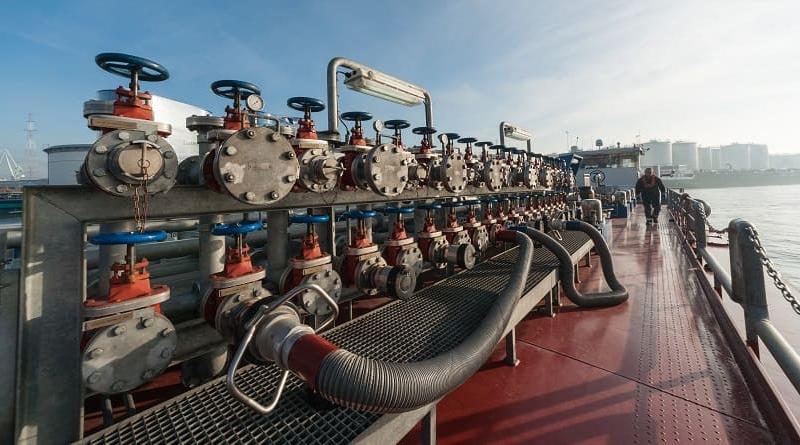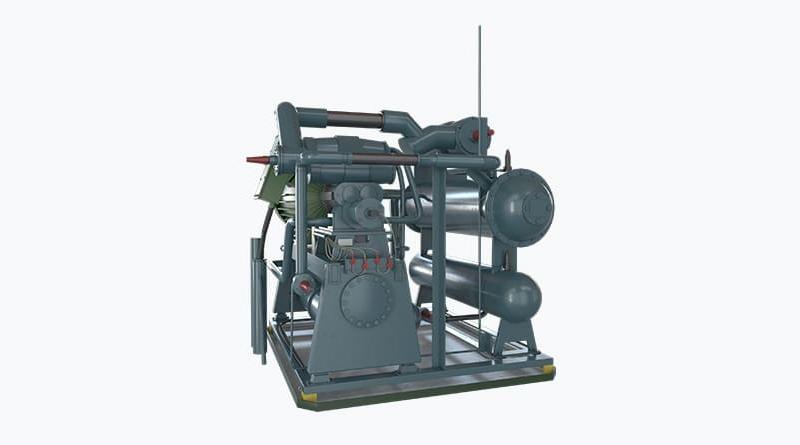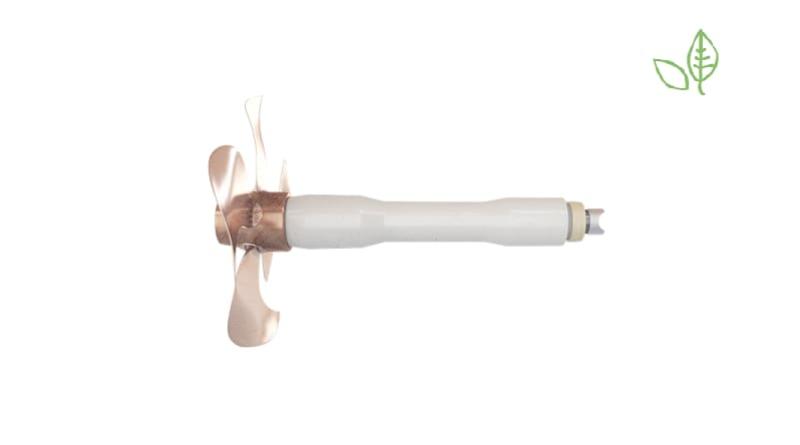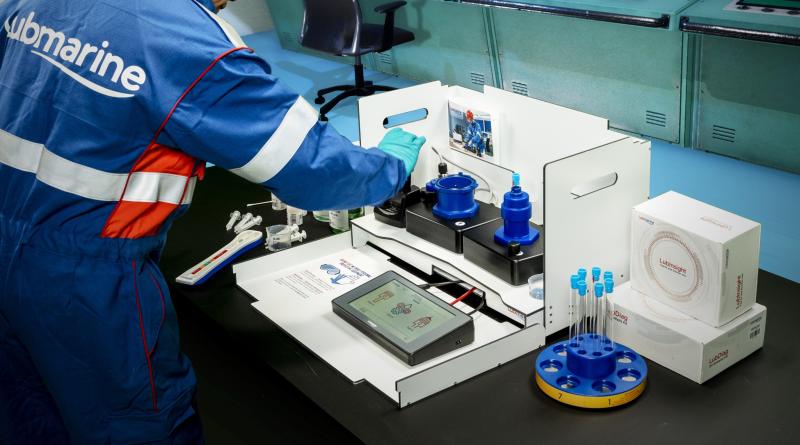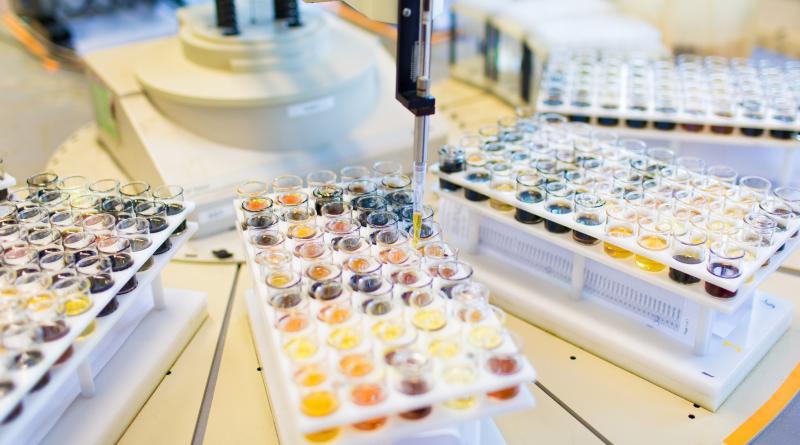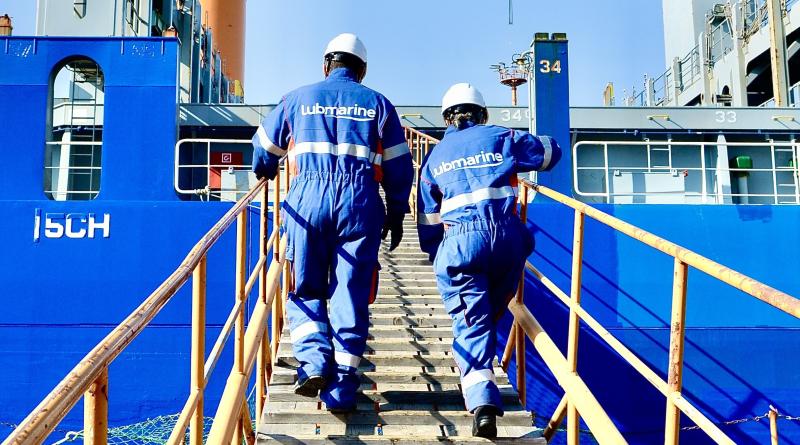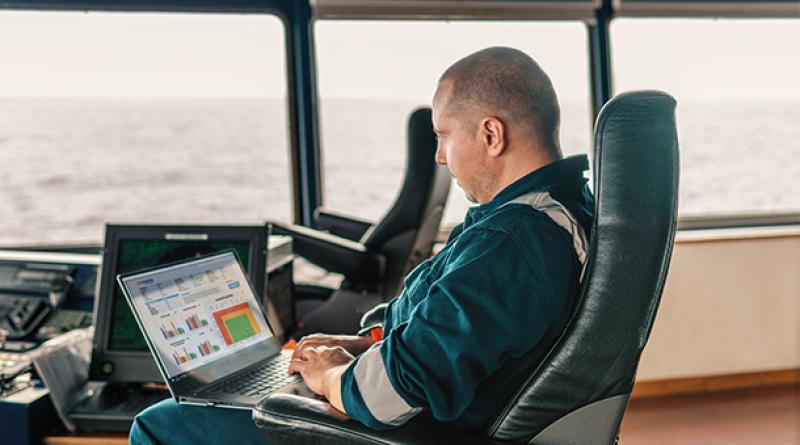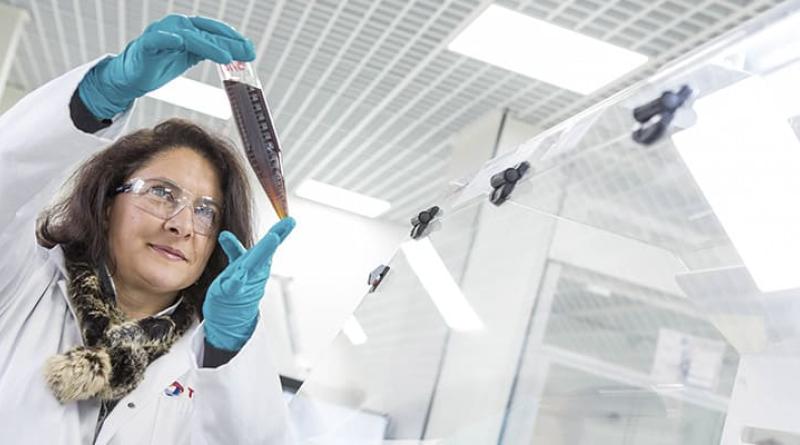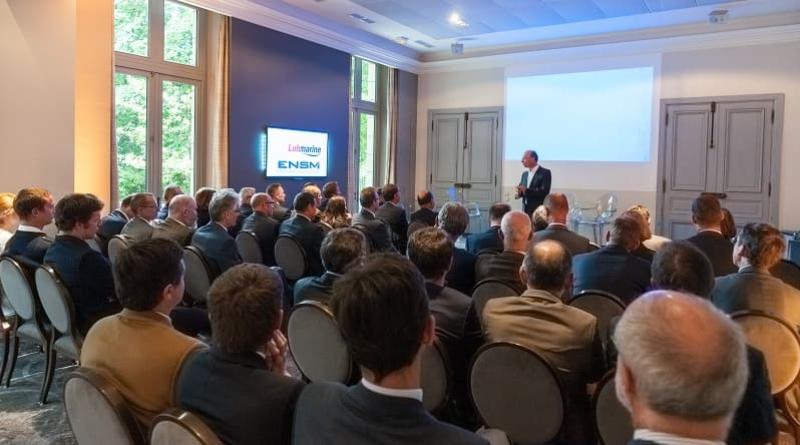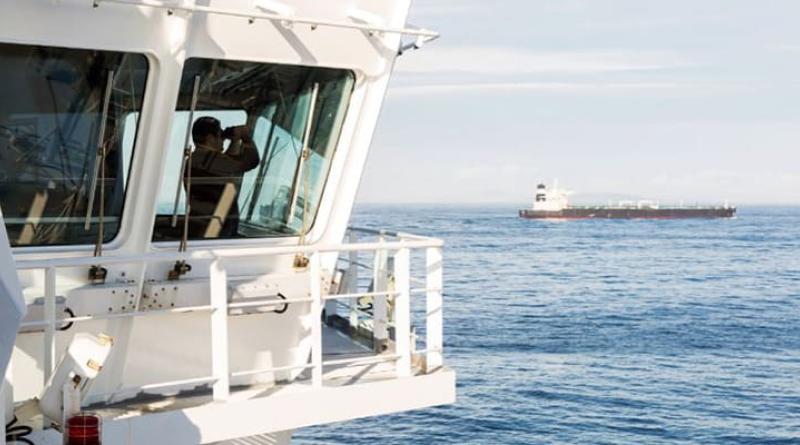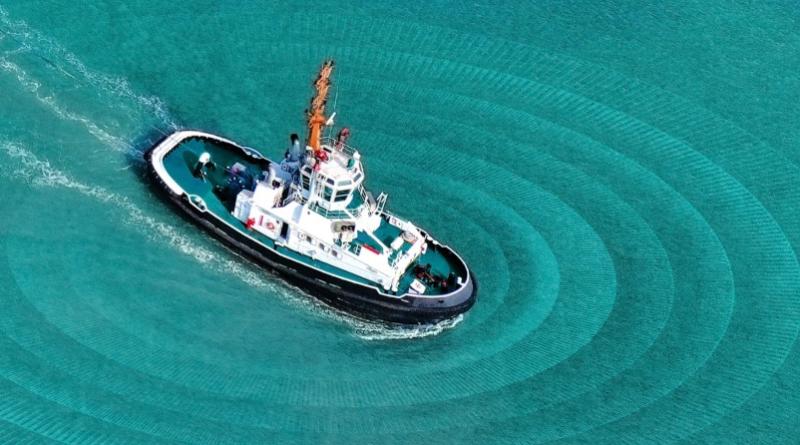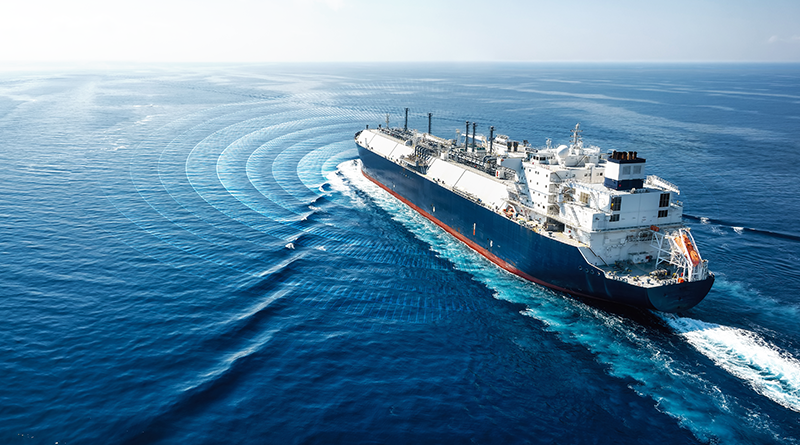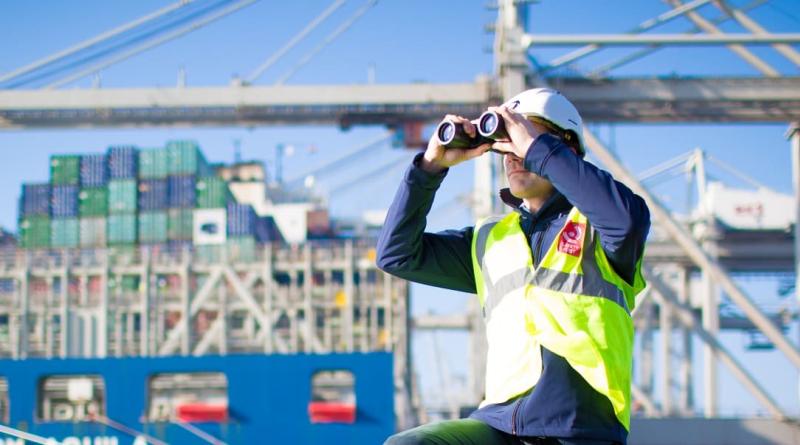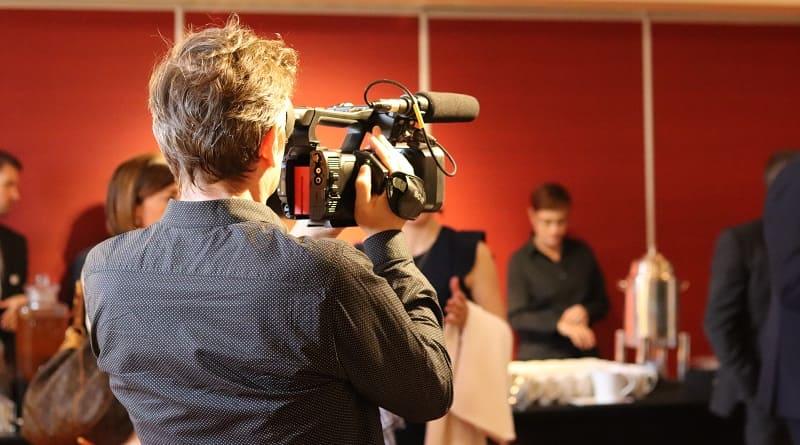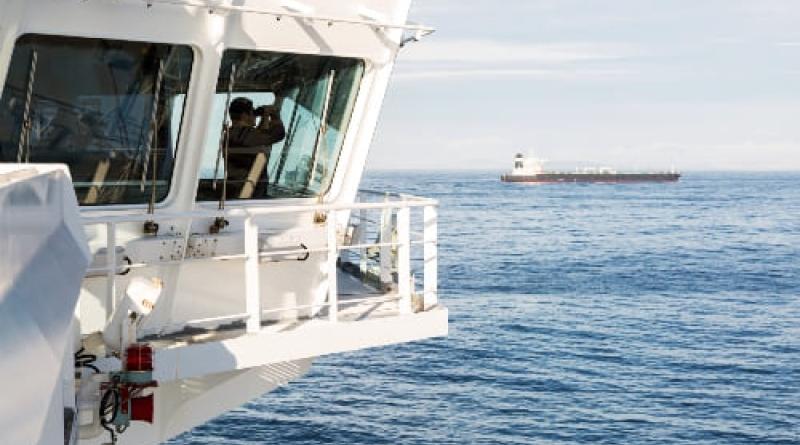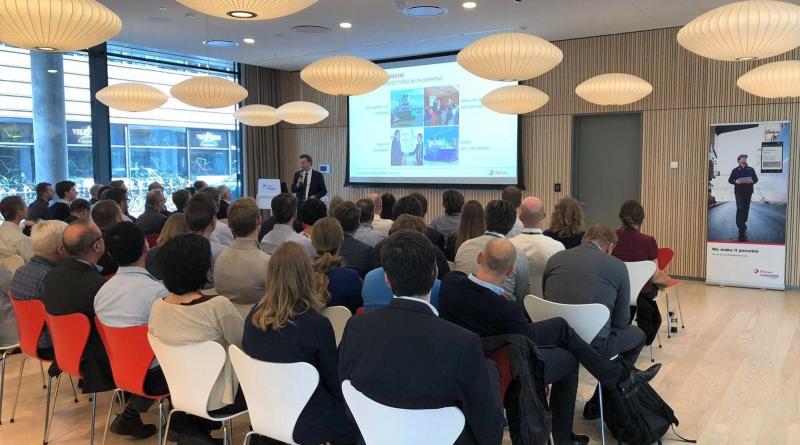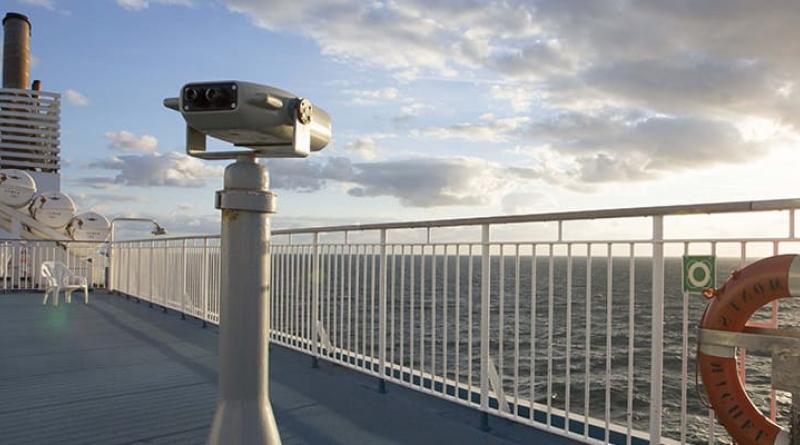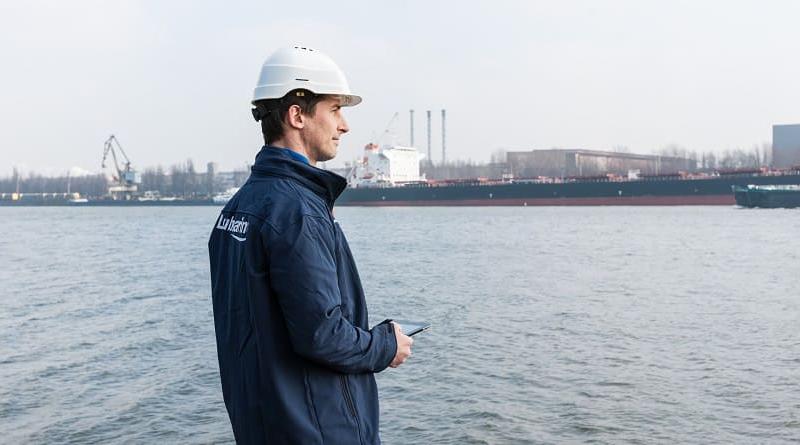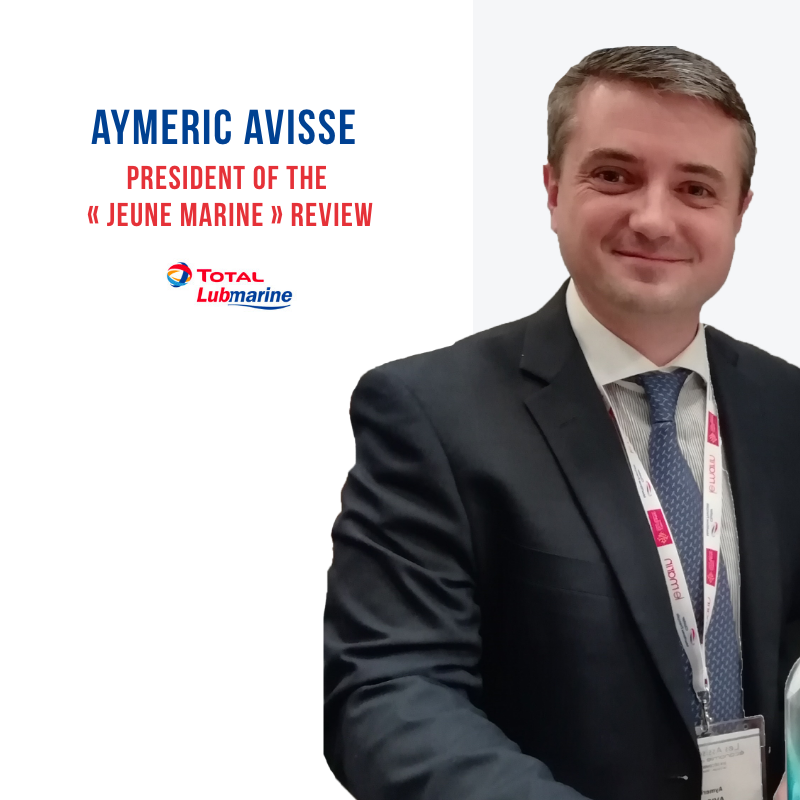
A little bit of who you are?
Aymeric AVISSE:
I’m a 40 year old seafarer, qualified as a tug master and chief engineer in France for Boluda based in Le Havre. Since March of this year I have taken over the presidency of Jeune Marine, the French magazine of students and former students of French merchant marine schools.
In 1998 I passed the French Merchant marine entrance exam and began my career as a seafarer onboard SNCM’s vessels between metropolitan France and Corsica. Then I sailed on board tankers in West Africa and came back to France in Brittany with the company Brittany Ferries. Since 2013 I have worked for Boluda France in Le Havre and the team of Jeune Marine with Jean-Vincent DUJONCQUOY and Jacques MEVEL.
How “Jeune Marine” was born? Its history? Who is writing?
JEUNE MARINE is an association created at the end of 1944 and officially declared in Paris on June 4th, 1945. Anxious to create links between seafarers, it decided to perpetuate a bulletin which was launched at the beginning of the year 1943, intended for students and former students of merchant marine schools, without distinction of patents. These bulletins were written by the Dominican Fathers Bégouen-Demeaux and de Laubier, as they wanted to break the traditional isolation of the cadets and officers, particularly affected by the years of war and in addition to the specificities linked to their seafaring profession.
Over the years, the bulletin has been transformed into a magazine, remodeled with new skills and the team of volunteers who have always managed it. Also remodeled according to the merchant marine crisis, was the number of subscribers to the magazine being directly linked to the number of ships in the French fleet, and to the number of shipping companies and officers they employed.
JEUNE MARINE was forced into a restructure in 1974 due to a shortage of volunteers and logistical difficulties especially around the process for printing the journal. In 2010, a turning point was taken by a new management team with Jean-Vincent DUONCQUOY (Le Havre harbor Maritime Pilot) as President, Jacques MEVEL (Seine river Maritime Pilot) as Editor in Chief and myself (I joined in 2013), who entrusted a professional layout designer with the task of reshaping the presentation of the magazine. In 2020, the transition from paper to digital was essential (and independent of the crisis) and a new team is in place to renovate the online experience and website of the publication.
The volunteers are all seafarers or former seafarers; the columnists are also all volunteers, most of them involved in the shipping world and eager to share their knowledge and experiences with JEUNE MARINE readers.
Until early 2020, the journal was published 5 times a year. The contents of the journal have evolved over the decades, and in a large part since 2010, which has been dedicated to maritime news. Other sections in the journal covered news from our French merchant fleet, the latest technologies; and specialist interviews have taken place that spoke to the reader about economics and human factors. The JEUNE MARINE team also reported on the various maritime conferences and the Assises de l’Economie de la mer. The review produced a whole series of “portraits” of officers who have transitioned into industry or other various sectors, the aim being to show young cadets the formidable possibilities of re-classification offered by the polyvalent training provided in the schools of the ENSM, National Maritime Superior School. It is also necessary to underline the section which has always been acclaimed by our readers: the lists of the staff on every French ship, a link appreciated by the "Hydros" which allows readers to know who sails on what ship!
Among our subscribers, and in addition to our individual subscribers, we have a strong representation of shipping companies, and stakeholders in the maritime and port world, as well as "ship-lovers" and enthusiasts attracted by the content of the review. Today our website is entirely devoted to merchant ships and their specific environment.
A little word about the sponsorship with Total Lubmarine?
Total Lubmarine, which employs former students of the Merchant Marine Schools, notably Serge DAL FARRA and François ABIVEN, engaged us in our quest to help improve the journal’s quality and its sustainability. Total Lubmarine was the first advertiser to trust in us, and initially allowed us to call on a designer, Charlotte ABELANET (herself a former student, and later sailed as a radio officer), who considerably improved the quality and presentation of the layout of Jeune Marine. This refreshed quality and the dynamism instilled by the new team, brought about new confidence which motivated the contributors and helped to create new sections such as "The grains of salt of a seafarer’s spouse" which are stories of the spouse of a container ship captain who made a few trips with him, and also the “frosty chronicle” produced by two young officers, one of whom became the owner of “Latitude Blanche” (https://www.latitudeblanche.com).
We see Total Lubmarine as a long-term partner. The consistency and dynamism between our two organizations has strengthened the appeal of Jeune Marine resulting in a higher readership level. Their support has helped us to review and look at ways at how best to evolve the journal and make it more relevant to today’s readers, as well as how our content can be easily accessible for today’s world.
It is incredible to think that the journal which is on the table this morning is talking about subjects, topics and issues that occurred in the last month. Logistically, sending journals to ships sailing all over the world takes time and money which is not necessarily the first priority of ships owners, so we find ways of making the journal easily accessible to minimize added pressure for ship owners. Furthermore, with the generalization of internet connections on board, we have transformed Jeune Marine into a 100% digital format and readily available to read online. Thanks to the partnership with Total Lubmarine, we have digitized all our archives since the very beginning of the journal to offer these to subscribers, who can trace their complete careers, including crew lists.
Jeune Marine always looks to the future and take’s a long-term approach to developments that will benefit its readers. One of our next challenges will be to give access to English-speaking readers: it was a long-standing goal to create a dual-language paper journal but in paper form this was financially impossible for us to do, and so we took the decision to evolve the dual-language approach in a new digital format. This project is underway with our volunteer team and while the dual-language format takes extra time to develop, we feel this extra work is worth it for our readers.
And, in terms of subscription levels we are growing. To date, only 1 subscription has been cancelled, a library with paper versions only, but in the lasts three months we have added nearly 300 new registrants. We’ve also welcomed 40 additional French ships, giving publication access to more than 150 additional French officers on board.
The aim and the interest of Jeune Marine has always been to create the link between students, former students (at sea or onshore), the ship owners and the para-maritime. Jeune Marine has evolved and renewed its teams, and we consider Total Lubmarine as part of this industry team - an association that is much more than a commercial partnership. Collectively we are shaping the news and insight of today’s activity which is leading to tomorrow’s journey… an adventure that will see an industry and its people grow in experience as we cross storms, ages and technologies together! It is an exciting and historical time for the industry.
And to finish, how we can read your magazine?
The journal is available to everyone and can be accessed online by subscription from just € 1 per month, which gives you access to the entire website: maritime news from students, former students and officers, but also all our archives, job offers, and contributions from our writers and columnists.
Jeune Marine is part of the maritime history for all French ship owners, and for those working in land-based offices and also on-board vessels. But the magazine is also for marine insurers, French and foreign shipyards, para-maritime and others! It has a wide following and readership base.
Jeune Marine is not intended to compete with professional maritime current affairs journals but instead aims to offer a complete and holistic insight that is focused on the interest of officers and their interests, addressing key industry issues through to highlighting a career path and the orientations that Merchant Marine Officers follow today.
Which kind of article interests audience the most?
The readership is very different depending on the age, but the subjects that are of great interest remain consistent throughout our editions.
In 2018 and 2019 there was a great deal of interest in the subject areas of new technologies, decarbonization, and hybrid and wind propulsion. But here and now, interests are developing in the social sector: the health crisis has strongly affected sailors and expatriates, the demand for analysis and comparison of shipping companies very strong, not to mention the prospect of returning to shore. A huge wave is forming between those who wish to change their employer and those who wish to work ashore, hence the current presence of articles geared towards these topics.
The journal always remains positive and realistic in its outlook very much like the seafarer that has always known how to adapt himself to varying sea and weather conditions – some predictable and some that are unexpected – and still to this day remains one of the oldest professions. It’s an underlying theme of the publication to reflect and showcase content that respects this.


